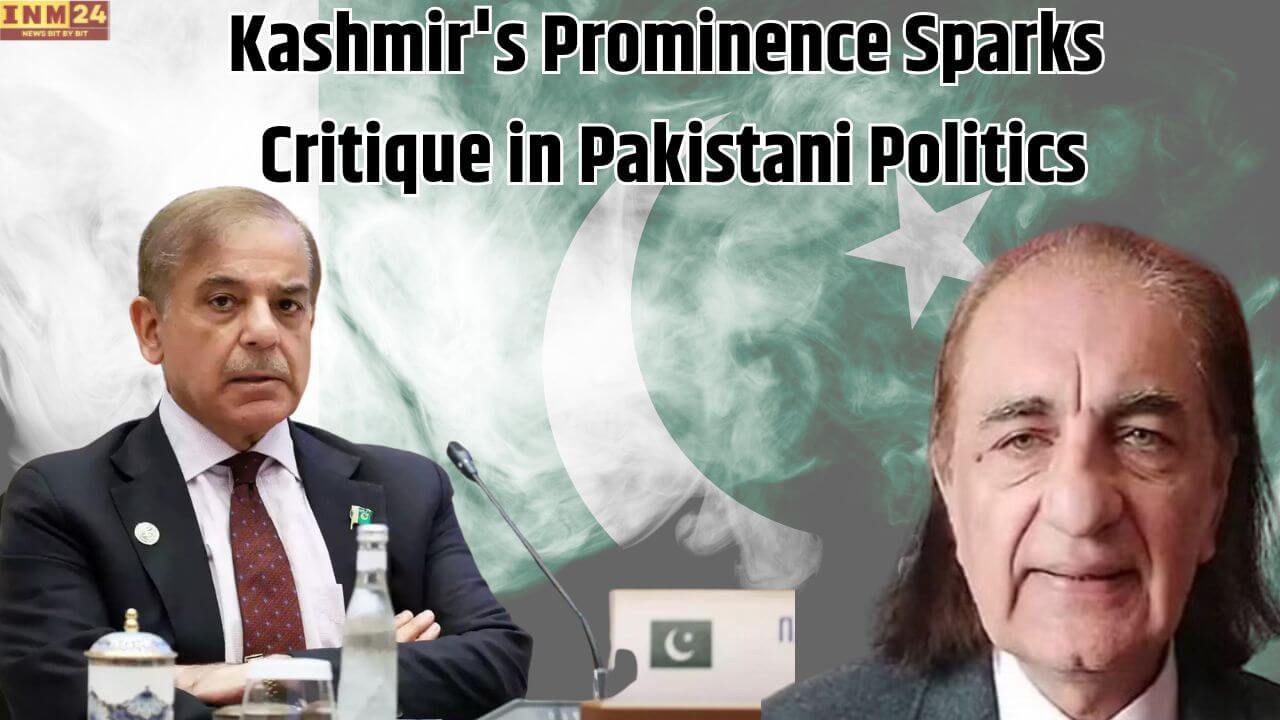In a recent speech, Pakistani Prime Minister Shabaz Sharif addressed the Kashmir issue, drawing mixed reactions from the public and media. While some praise his outspokenness, others, like human rights activist Amjad Ayub Mirza, have criticized Sharif for deflecting attention from domestic concerns.
Sharif’s Take on Kashmir
Shabaz Sharif’s speech, delivered shortly after being sworn in as Pakistan’s Prime Minister, featured a strong focus on the Kashmir issue. He drew parallels between the situations in Kashmir, Palestine, and Gaza, urging the National Assembly to pass resolutions in support of the freedom of Kashmiris and Palestinians.
However, Mirza questions the sincerity behind Sharif’s words, suggesting that the Prime Minister’s motives might be more about political posturing than genuine concern for the people of Kashmir.
Mirza’s Critique
Amjad Ayub Mirza, a human rights activist actively involved in advocating for the rights of people in Pakistani-administered Kashmir, expressed skepticism regarding Sharif’s statements. Mirza acknowledged that while Sharif’s speech was eloquent, it lacked substance when it came to addressing the real issues facing Kashmir.
Mirza pointed out that Sharif failed to address the economic challenges and human rights issues in the parts of Kashmir under Pakistani control. He accused Sharif of diverting attention from internal problems by grandstanding on international issues.
Kashmir: A Political Tool
Mirza raised concerns about the misuse of the Kashmir issue by Pakistani leaders for their political gains. He argued that Kashmir, particularly the regions under Pakistani administration, has become more of a political tool than a genuine concern for the well-being of the people.
Pakistan-Administered Kashmir’s Issues
Mirza shed light on the challenges faced by the people in Pakistan-administered Kashmir, emphasizing issues such as rising taxes, exploitation of natural resources, and economic hardships. He accused the Pakistani government of treating the region as a colony, benefiting from its resources without addressing the concerns of the local population.
Political Alliances and Imran Khan
Mirza also commented on the political alliances formed by the Pakistan Muslim League-Nawaz (PML-N) and Pakistan Peoples Party (PPP) to form a government. He suggested that these alliances are motivated by self-interest, with political leaders coming together only to secure their own positions.
Expressing concern about the future of the government, Mirza argued that the real threat to the ruling coalition is the presence of Imran Khan. He asserted that allowing Khan to remain free poses a danger, as he could mobilize public sentiment against the government.
As the political landscape in Pakistan evolves, the focus on Kashmir becomes a double-edged sword. While it may serve as a rallying point for politicians, critics like Amjad Ayub Mirza emphasize the importance of addressing domestic issues and the genuine concerns of people in the region. The ongoing political dynamics and the role of leaders like Imran Khan remain pivotal in shaping Pakistan’s future.
